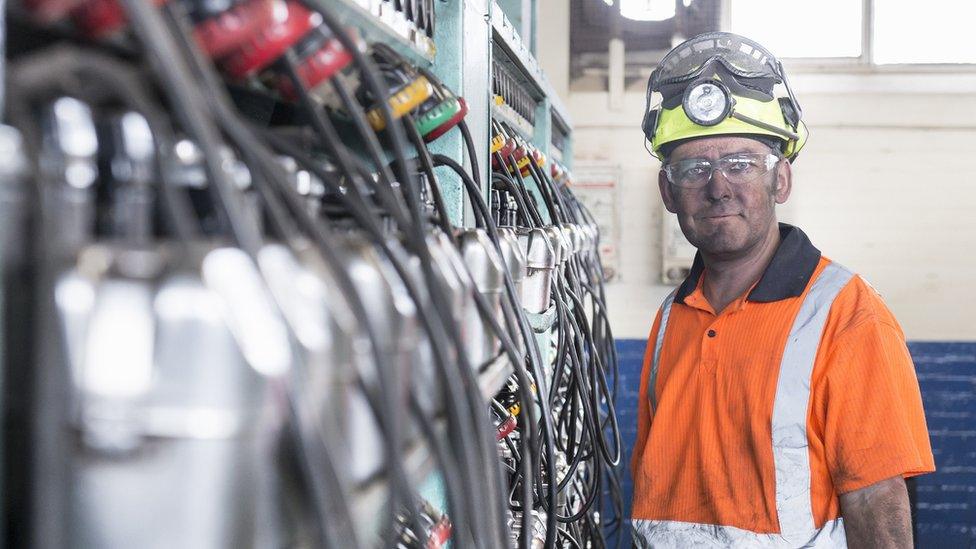Town's mixed reaction as mine plans quashed
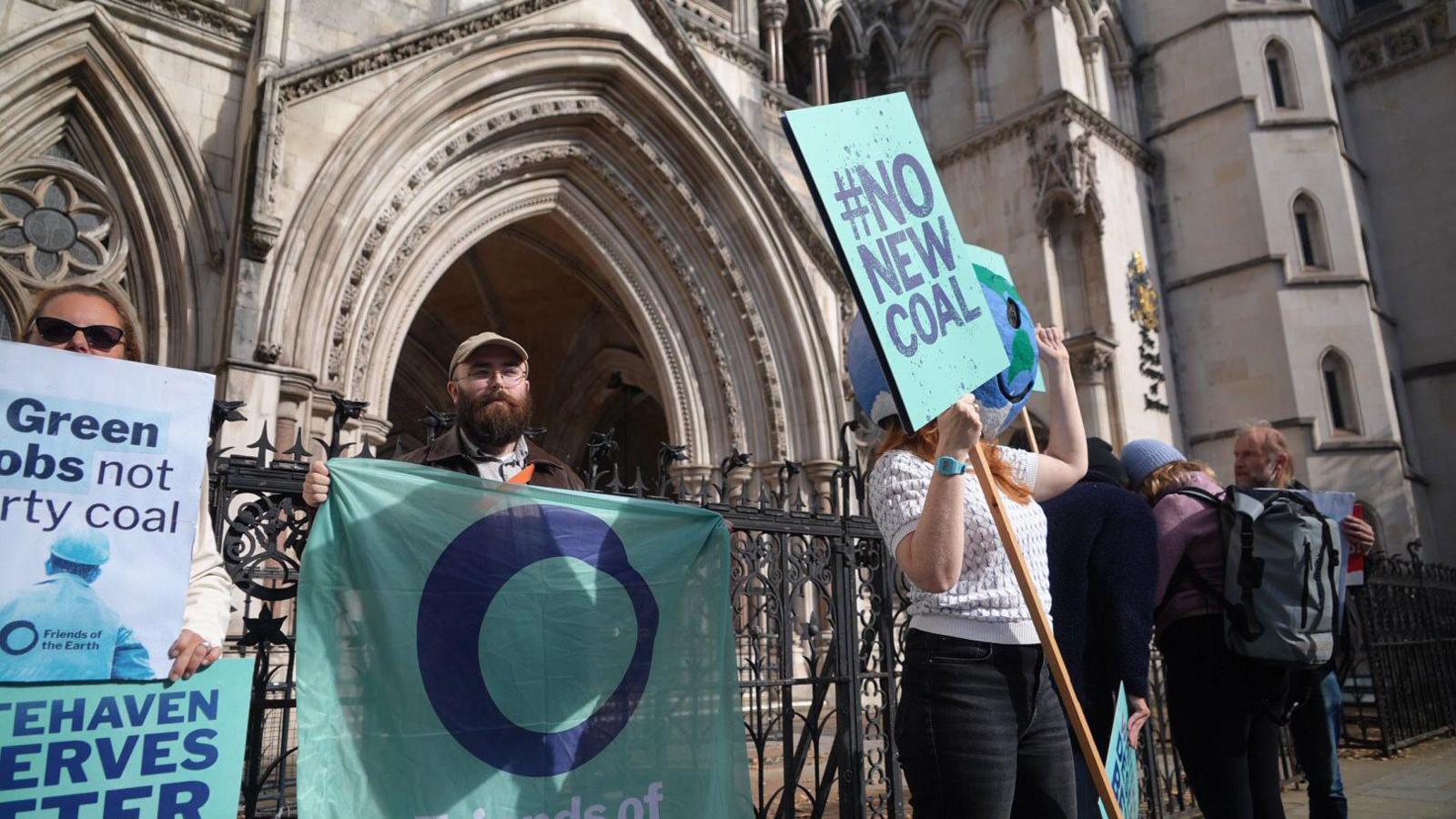
Environmental campaigners gathered outside the High Court to in London ahead of the ruling
- Published
People living in the town that was promised the UK's first deep coal mine in 30 years have mixed feelings at the plans being thrown out.
The previous government gave the green light to build the facility in Whitehaven, Cumbria, which residents were told would bring 500 jobs.
But a High Court Judge ruled on Friday the assumption the mine would not increase greenhouse gas emissions was "legally flawed" and quashed the approval.
While some expressed anger at the decision and loss of job prospects for the town, others said the environmental argument should have prevailed all along.
The debate has been a divisive one, ever since West Cumbria Mining mooted the idea in 2014.
One resident said: "Because it's such a small area we don't really want a big massive impact on the environment, but I get why the jobs would be beneficial."
However, others believe the environmental impacts could have been mitigated.
The BBC spoke to a man in Whitehaven who said the High Court ruling was "bad news for the area".
He said: "They need to be looking after people and their jobs and income in the area - the environment may well get affected but I'm sure they would put it right."
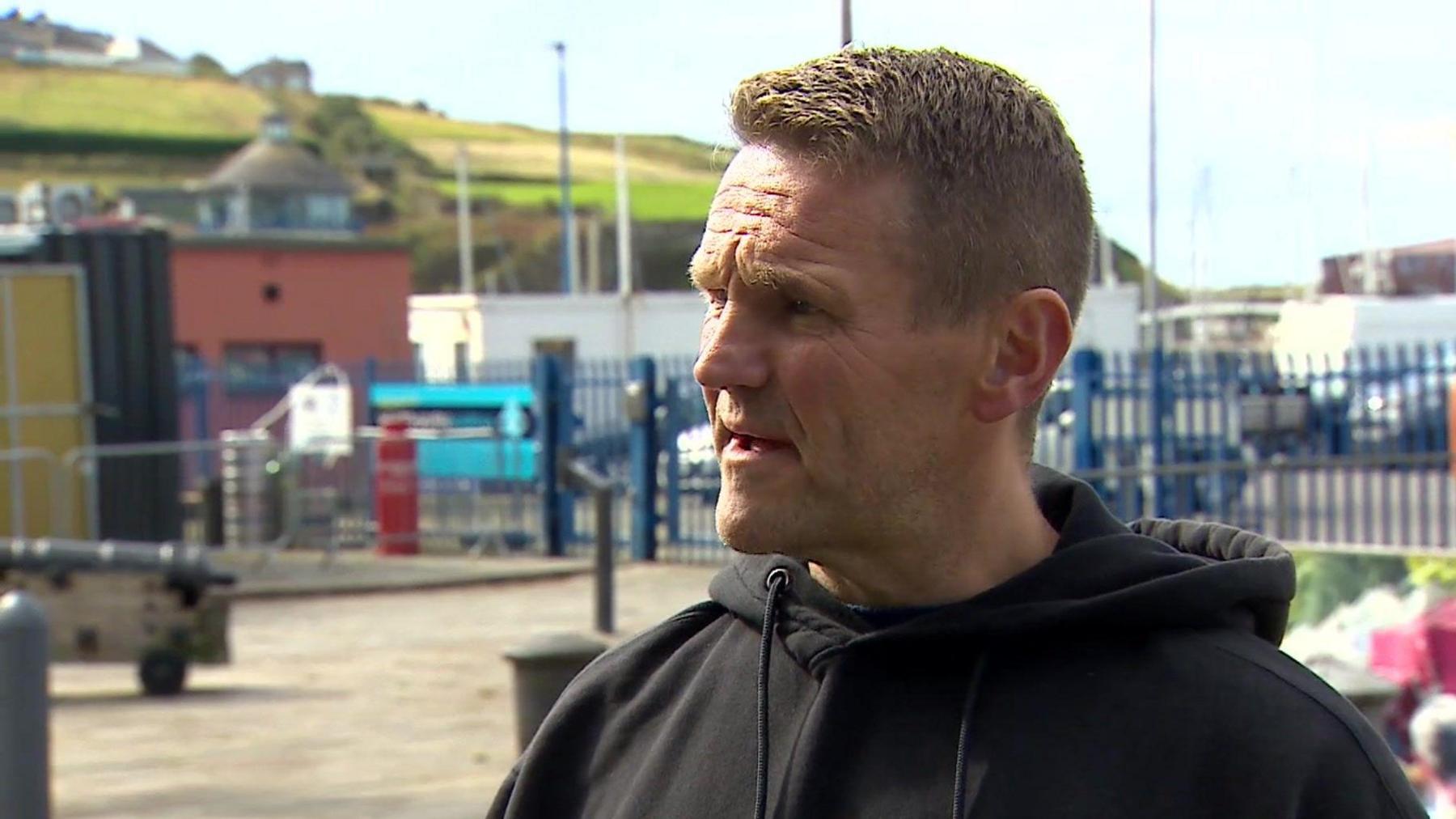
One man told the BBC that environmental impacts could have been mitigated
But for others, the issue of the emissions could not be overlooked.
One woman told the BBC she was "really pleased" the plans had been quashed.
"I think it's not the way to go - we should be looking at renewable and sustainable energy sources.
"We've had our day with the coal mines, they've been and gone."
And some even cast doubts over the job prospects for people in the town.
As one resident put it, there was nothing to say these would have been guaranteed for locals.
He said: "I think a lot of them would have been skilled [jobs], people would have been employed from away to come and do the jobs, I don't think it would have been a straightforward 500 jobs for local people."
'Serious about climate'
Challenges to the decision to approve the mine in 2022 were submitted by Friends of The Earth (FOTE) and South Lakes Action on Climate Change (SLACC).
They said the government had not taken into consideration the environmental impact of burning the coal extracted, instead focusing just on the emissions from running the facility.
Sue Houseman was among the activists who gathered in Kendal to hear the outcome of the ruling.
She said the issue was important to her for the future of her children.
"[It matters] because I just want us to get serious about the climate and about what we need to be doing," she said.
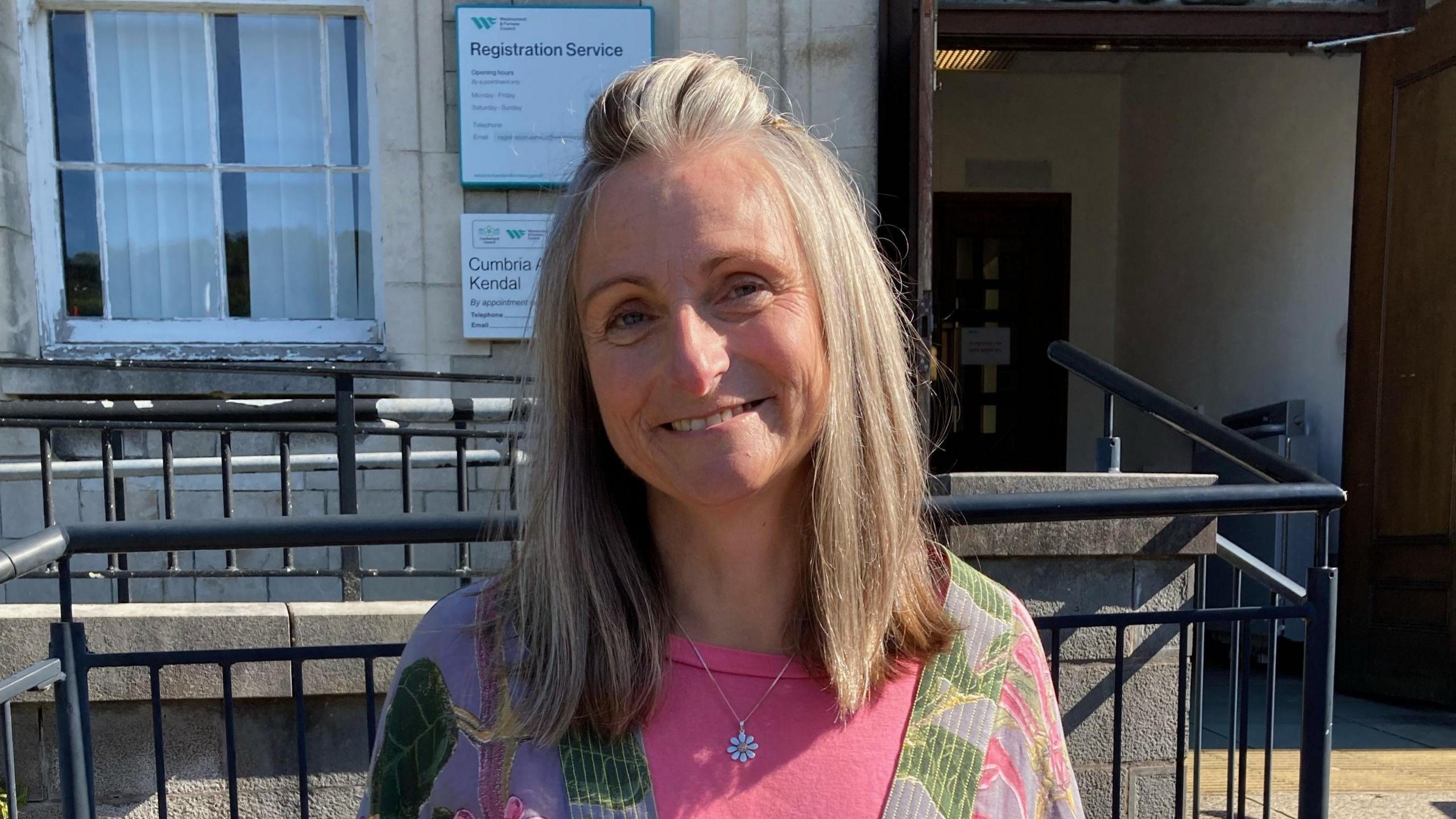
Sue Houseman said the ruling was important for her children's future
At a hearing in July, the newly elected Labour government decided not to defend its predecessor's decision to grant permission for the mine, citing "an error in law".
Former Copeland Mayor Mike Starkie, a Conservative, had been among the staunchest supporters of the project.
He said the area needed companies like West Cumbria Mining to bring in jobs and investment.
He added: "It's been tremendous that the investors have stuck with it as long as they have and it's disappointing - although not surprising - the position that the government have taken."
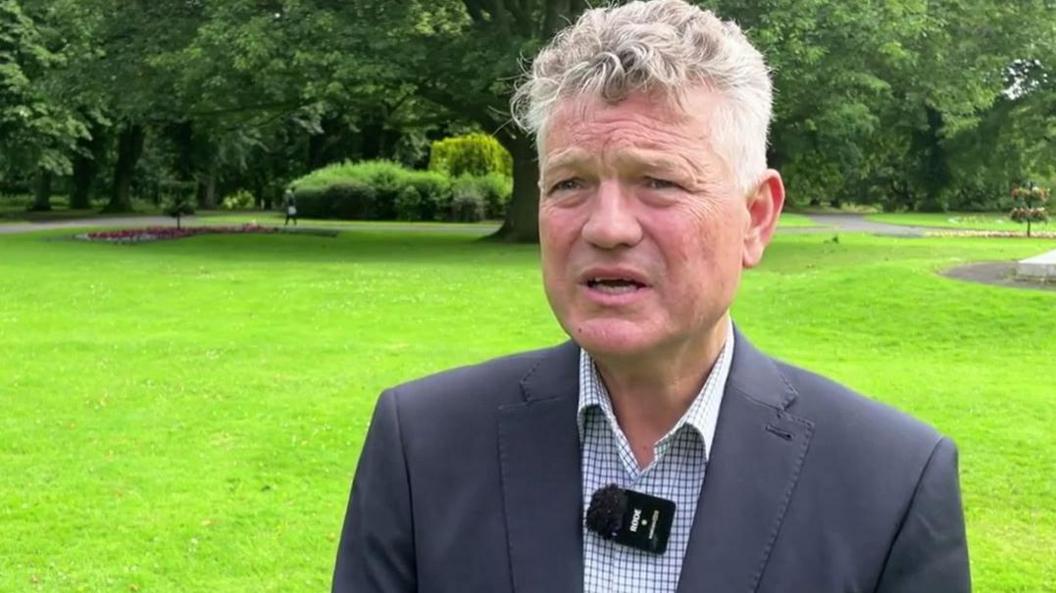
Former Copeland Mayor Mike Starkie said he was disappointed with the outcome
But Josh MacAlister, Labour MP for Workington and Whitehaven, said there were better options for the area.
"People here want jobs, they want a future and as I've always said, I've been very doubtful that the mine would provide that.
"I think we've got much better options and we should be putting our efforts into those."
West Cumbria Mining (WCM) said it would "consider the implications" of the judgement before commenting further.
Follow BBC Cumbria on X, external, Facebook, external, Nextdoor and Instagram, external. Send your story ideas to northeastandcumbria@bbc.co.uk.
Related topics
- Published13 September 2024
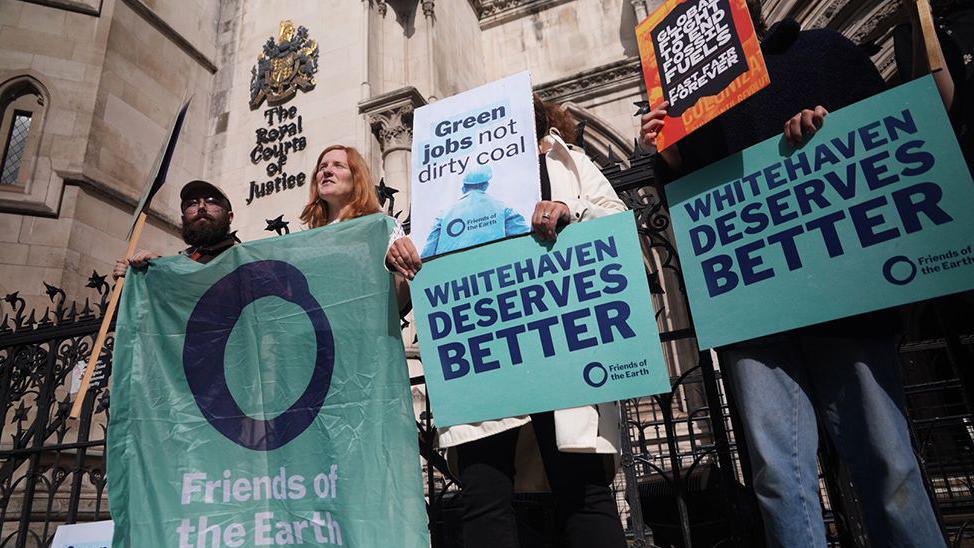
- Published18 July 2024
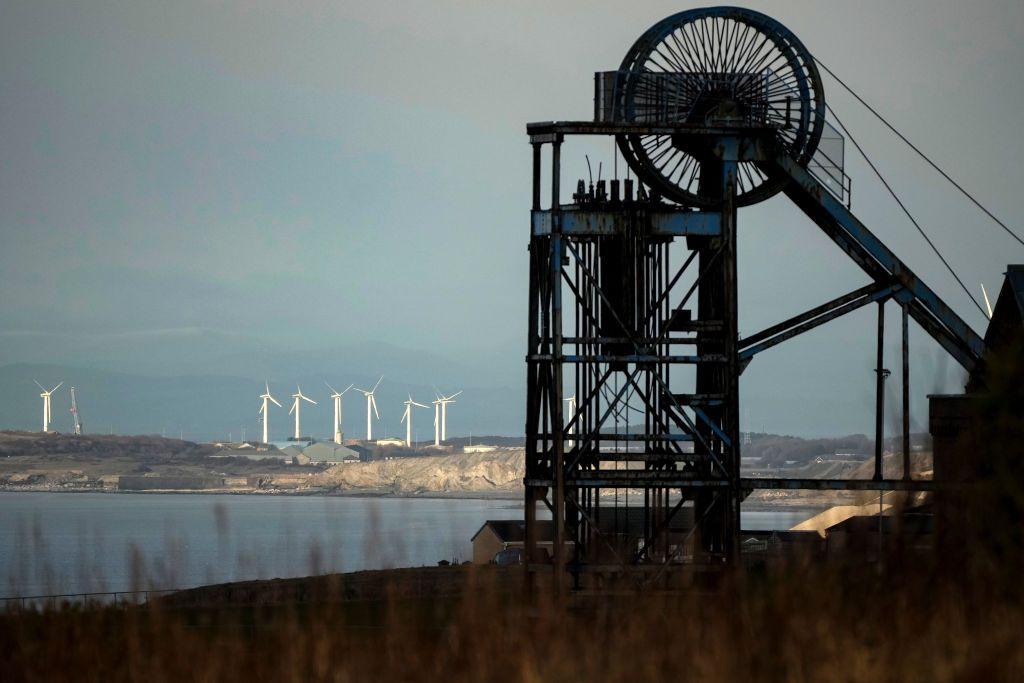
- Published16 July 2024
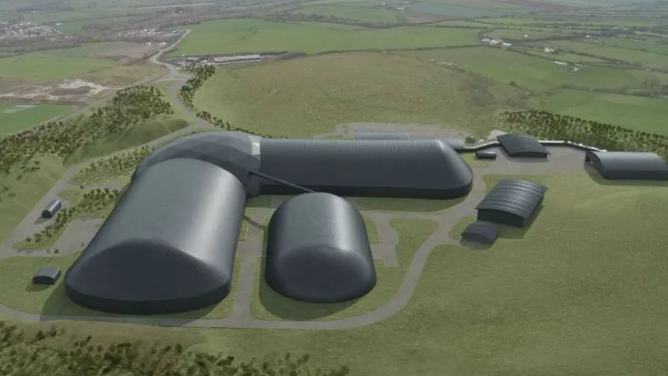
- Published15 May 2023
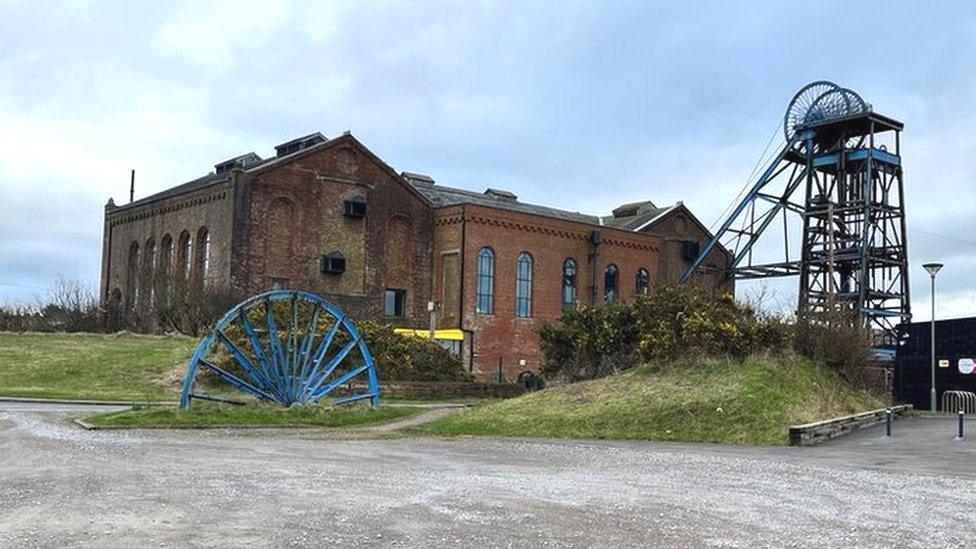
- Published7 December 2022
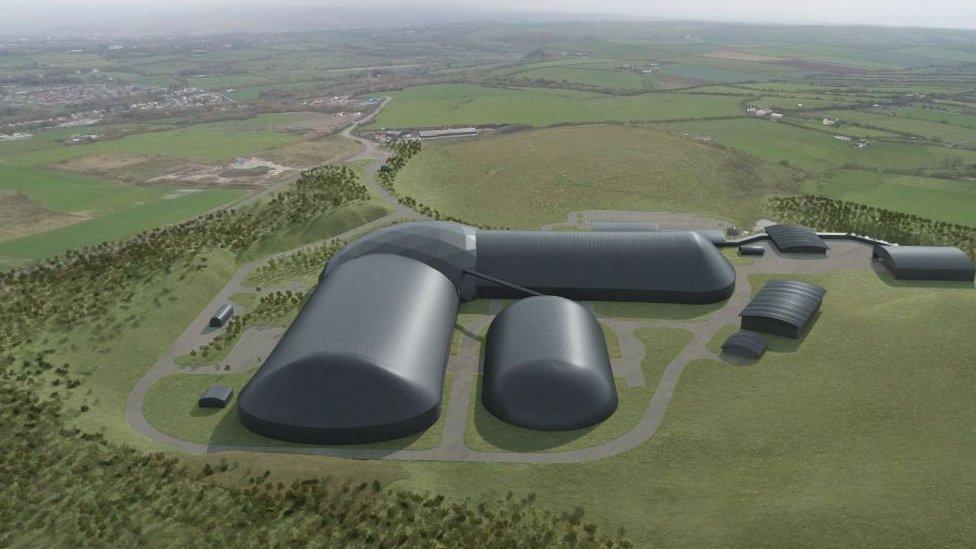
- Published8 December 2022
